Why Does My Water Heater Not Heating?
If you’ve stepped into the shower expecting hot water and instead got an icy surprise, you’re not alone. A water heater not heating is one of the most common plumbing complaints for both homeowners and businesses. The problem can stem from something as simple as a tripped breaker or as complex as a failing heating element.
Understanding the root cause is the first step toward fixing it, whether it’s a quick DIY solution or a job for a licensed plumber. In this guide, we’ll break down why your water heater might not be heating, how to troubleshoot, what repairs cost, and when it’s time to replace your unit.
Understanding How a Water Heater Works
Before diving into potential problems, it’s important to know how your water heater operates. Whether you have a tank water heater or a tankless system, the basic process involves cold water entering the unit, being heated through either electric heating elements or a gas burner, and then being delivered through your plumbing system.
Key components in a traditional tank water heater include:
- Thermostat – Controls the temperature of the water.
- Heating element or gas burner – Heats the water.
- Dip tube – Brings cold water into the bottom of the tank.
- Anode rod – Prevents corrosion inside the tank.
- Pressure relief valve – Releases excess pressure for safety.
If any of these parts fail, you could be left with lukewarm or cold water.

Common Reasons Your Water Heater Is Not Heating
There are several possible reasons why your water heater might stop producing hot water. Let’s break down the most frequent culprits.
Power Supply Issues
For electric water heaters, a tripped breaker or blown fuse could be to blame. If your circuit breaker panel shows the breaker in the “off” or tripped position, resetting it might solve the problem.
For gas water heaters, the pilot light may have gone out. Without it, the burner won’t ignite to heat your water. This could be due to a draft, faulty thermocouple, or gas supply interruption.
Thermostat Malfunction
If your thermostat is set too low, you won’t get enough hot water. In other cases, the thermostat itself may be defective and unable to signal the heating elements or burner to turn on.
Sediment Buildup
Over time, minerals from your water can settle at the bottom of your tank, forming a layer of sediment. This reduces heating efficiency, causes rumbling noises, and can lead to premature failure of the heating elements.
Faulty Heating Element or Burner
In electric models, a burned-out heating element will stop water from getting hot. Gas models can suffer from burner issues or clogged burner orifices.
Leaks in the System
A leaking tank not only reduces water supply but also signals a potentially serious problem. Leaks often mean the tank is corroded and may need replacement.
Age of the Water Heater
Most water heaters last between 8 and 12 years. If your unit is approaching or past this age range, frequent heating issues could mean it’s time for a replacement.
How to Troubleshoot a Not Heating Water Heater
While some fixes require a professional, there are a few steps you can take before calling for service.
For Electric Water Heaters:
- Check the breaker panel for tripped breakers.
- Inspect the reset button on the thermostat (usually behind an access panel).
- Test the heating elements with a multimeter if you have the tools and skills.
For Gas Water Heaters:
- Check if the pilot light is lit; if not, relight it following the manufacturer’s instructions.
- Make sure the gas valve is in the “on” position.
- Look for any gas leaks, if you smell gas, turn off the supply and call a professional immediately.
For Both Types:
- Flush the tank to remove sediment buildup.
- Inspect for visible leaks.
- Check for unusual noises, which could indicate sediment or mechanical issues.
Why DIY Isn’t Always the Best Solution
While you might be able to handle simple tasks like resetting a breaker or relighting a pilot light, many water heater issues require specialized tools and training. Incorrect repairs can lead to safety hazards, void warranties, or cause further damage.
Electrical repairs can risk electrocution, and gas-related work can create fire or explosion hazards. That’s why for major repairs, especially those involving heating elements, thermostats, or leaks, it’s always safer and more cost-effective to call a licensed plumbing contractor.
Professional Water Heater Repair Services
When your water heater stops heating, it’s tempting to try a quick DIY fix, but without the right tools and knowledge, you could make the problem worse or even create safety risks. Hiring a licensed plumbing professional ensures the issue is diagnosed accurately and repaired correctly the first time.
Professional Diagnosis & Repairs
A skilled plumber can quickly pinpoint the root cause using specialized tools and expertise:
- Advanced diagnostic tools to detect electrical faults, faulty wiring, or malfunctioning gas valves.
- Inspection for hidden problems like sediment buildup, damaged heating elements, or faulty temperature sensors.
- Safe testing procedures for wiring connections, gas lines, and safety valves.
- Accurate repairs that prevent repeat breakdowns and extend the lifespan of your water heater.
Benefits of Hiring a Licensed Plumber
Working with a licensed plumber offers peace of mind and long-term benefits:
- Compliance with local codes & safety regulations, preventing hazards and keeping warranties valid.
- Use of genuine manufacturer parts for durability and better performance.
- Long-term cost savings by preventing costly future breakdowns.
- Professional workmanship guarantee that ensures your heater runs efficiently.
Emergency Services for No-Hot-Water Situations
Hot water loss is often an urgent issue, especially in colder months. Professional plumbers can help with:
- Same-day repairs to quickly restore hot water.
- 24/7 emergency availability for nights, weekends, and holidays.
- Fast response to urgent breakdowns to keep your home safe and comfortable.
When to Repair vs. Replace Your Water Heater
Deciding whether to repair or replace comes down to the cost of repairs, the age of your unit, and how often problems occur.
- Repair if the problem is minor (thermostat replacement, heating element swap, sediment flush) and your unit is under 8 years old.
- Replace if your water heater is over 10 years old, leaking from the tank, or experiencing repeated breakdowns.
Cost of Repairing or Replacing a Water Heater
| Service Type | Average Cost (USD) |
| Thermostat Replacement | $150 – $300 |
| Heating Element Replacement | $200 – $400 |
| Pilot Light Repair | $100 – $200 |
| Sediment Flush | $100 – $250 |
| Anode Rod Replacement | $150 – $300 |
| Complete Tank Replacement | $1,200 – $2,500 |
| Tankless Water Heater Installation | $2,000 – $4,500 |
Note: Costs vary based on location, type of water heater, and labor rates.
Preventing Future Water Heater Problems
Maintenance is key to keeping your water heater running efficiently for years. Here’s what you can do:
- Flush the tank annually to remove sediment.
- Test the pressure relief valve every 6 months.
- Inspect the anode rod every 2–3 years and replace if corroded.
- Keep the thermostat set between 120–140°F to prevent overheating or scalding.
Professional Water Heater Services You Can Trust
If your water heater isn’t heating, don’t let cold showers ruin your day. At Redwood Plumbing and Drain Cleaning Inc., we provide expert diagnostics, repairs, and installations for all types of water heaters, electric, gas, tank, and tankless.
Our licensed plumbers have the training, tools, and experience to safely and efficiently restore your hot water. We offer honest estimates, same-day service for urgent issues, and high-quality replacement units when repairs aren’t cost-effective.
Call (707) 574-9875 today for reliable water heater repair or replacement in Fortuna, CA and surrounding areas.


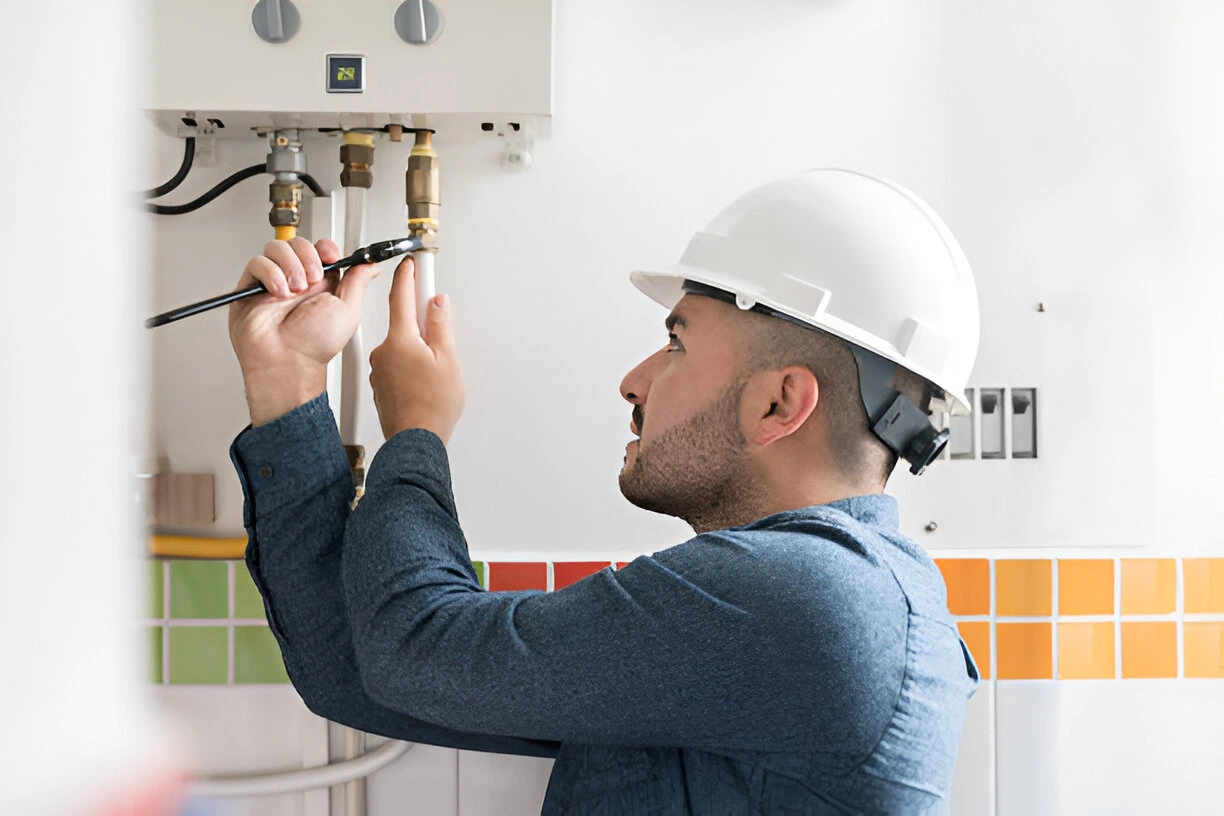
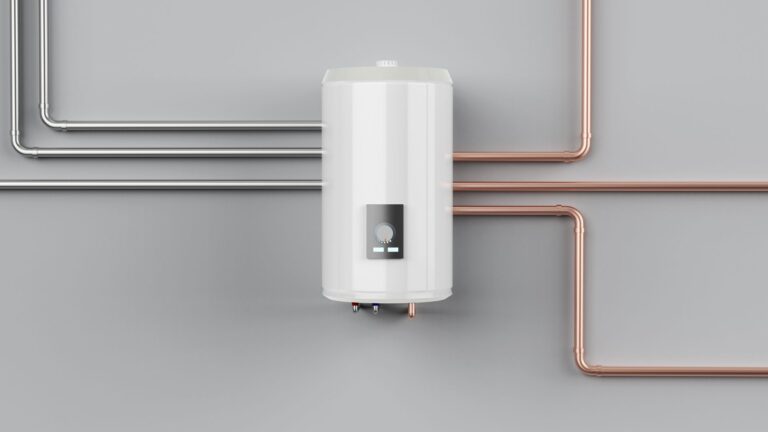
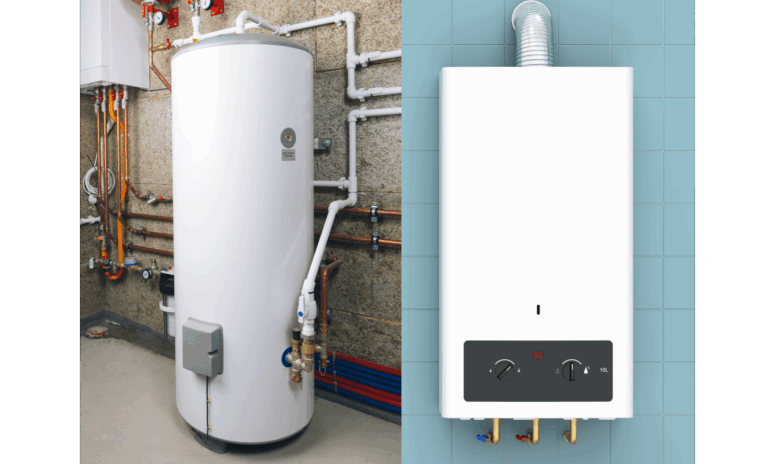
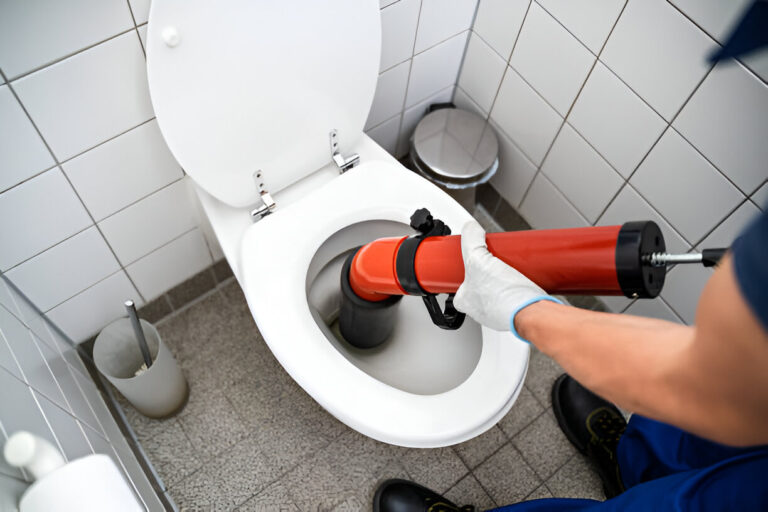

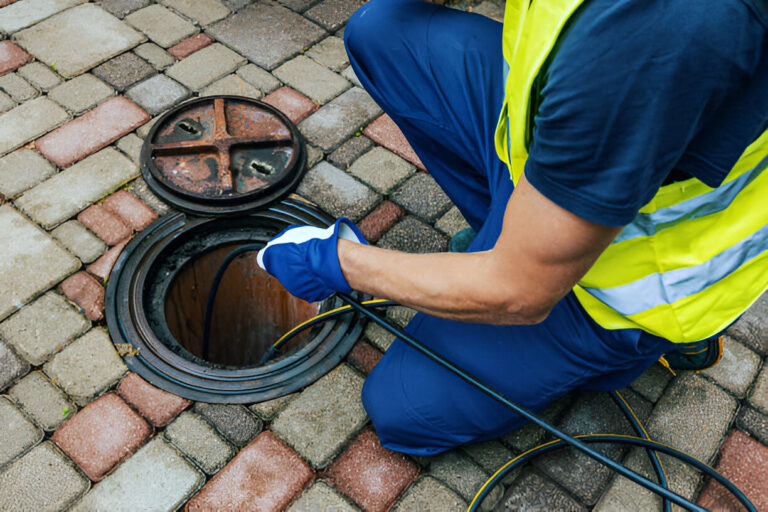

https://shorturl.fm/fSxpP